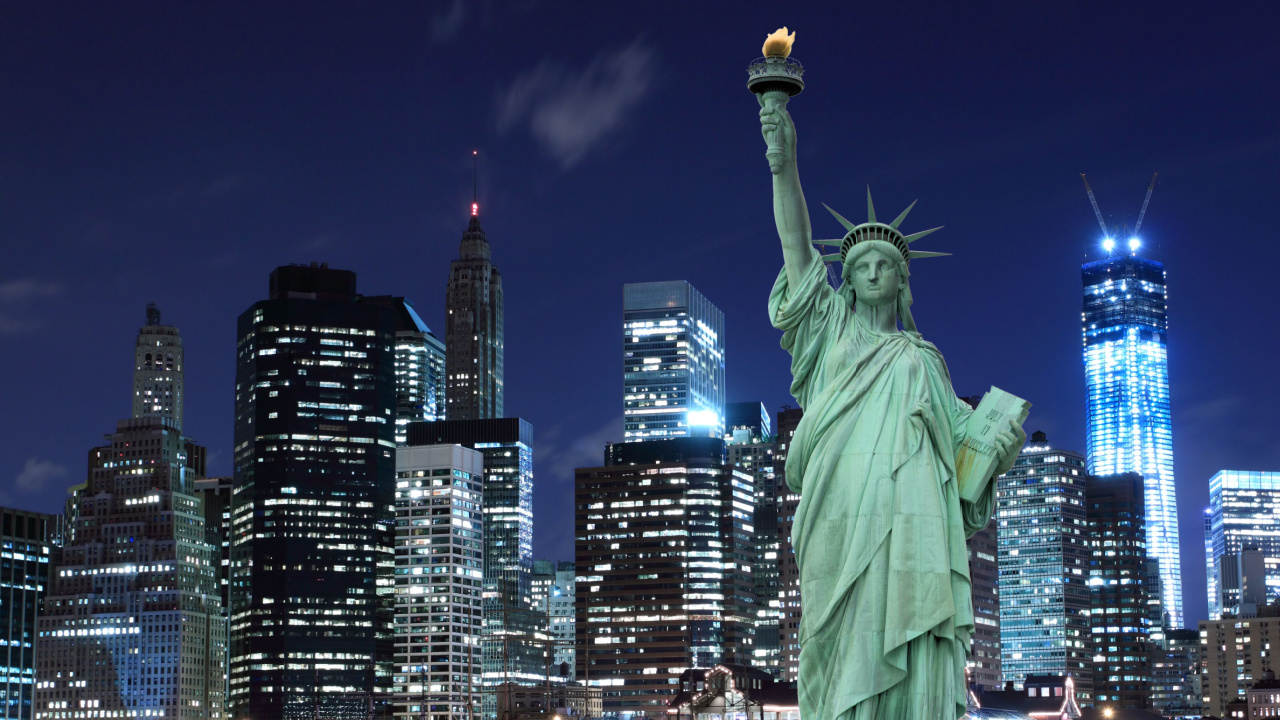In our world, things change quickly and we can get almost anything we want with just a click. While it might seem like we don’t need to prepare for unexpected events, recent natural disasters, pandemics, political changes, and economic ups and downs show that it’s important to be ready for anything.
Prepping is not just for survival enthusiasts; it’s a smart way to make sure you and your family are safe when things go wrong. This blog post will show you why being prepared is not a waste of time but a necessary part of living in today’s world.
Get ready to see how simple steps can protect you and your loved ones in times of uncertainty. Let’s dive into the practical benefits of prepping and discover how you can start feeling safer today.
1. Reduces Stress and Anxiety

During emergencies, feeling panicked is common, but being prepared ahead of time can reduce the fear and anxiety associated with sudden crises.
By creating a thorough plan and assembling essential supplies, you’ll gain confidence and peace of mind, secure in the knowledge that you’re equipped to handle whatever challenges arise.
2. Increases Self-Sufficiency

Resources may become scarce in a disaster or crisis, and getting immediate help might not be easy.
But by taking preparedness measures, you can be self-sufficient and reduce reliance on external aid.
3. Saves Time

When disaster strikes, there’s a rush to get vital supplies like food, water, and shelter.
Sadly, this can lead to higher prices and frustrating delays, making it hard to get what we need in those critical moments.
4. Teaches Skills and Builds Confidence
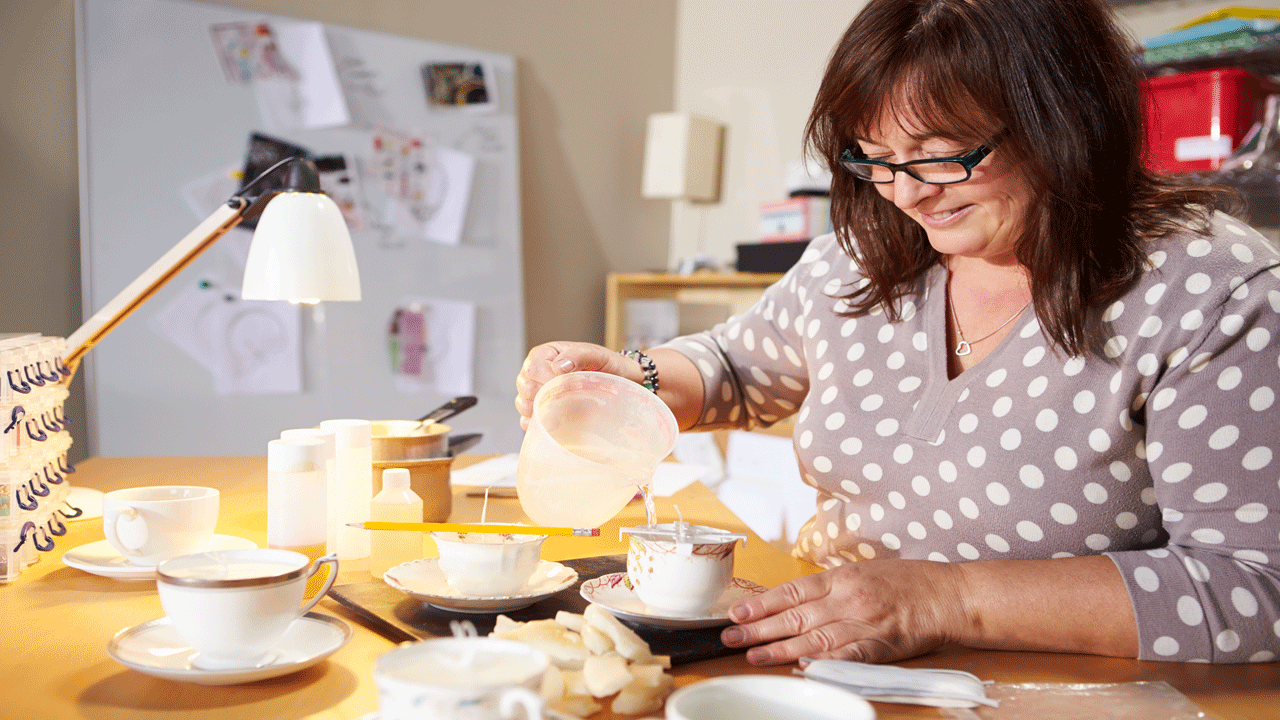
Preparing means mastering crucial skills like first aid, navigation, and survival techniques.
By honing these abilities, you increase your chances of surviving a disaster and boost your confidence in handling unexpected situations.
5. Saves Money
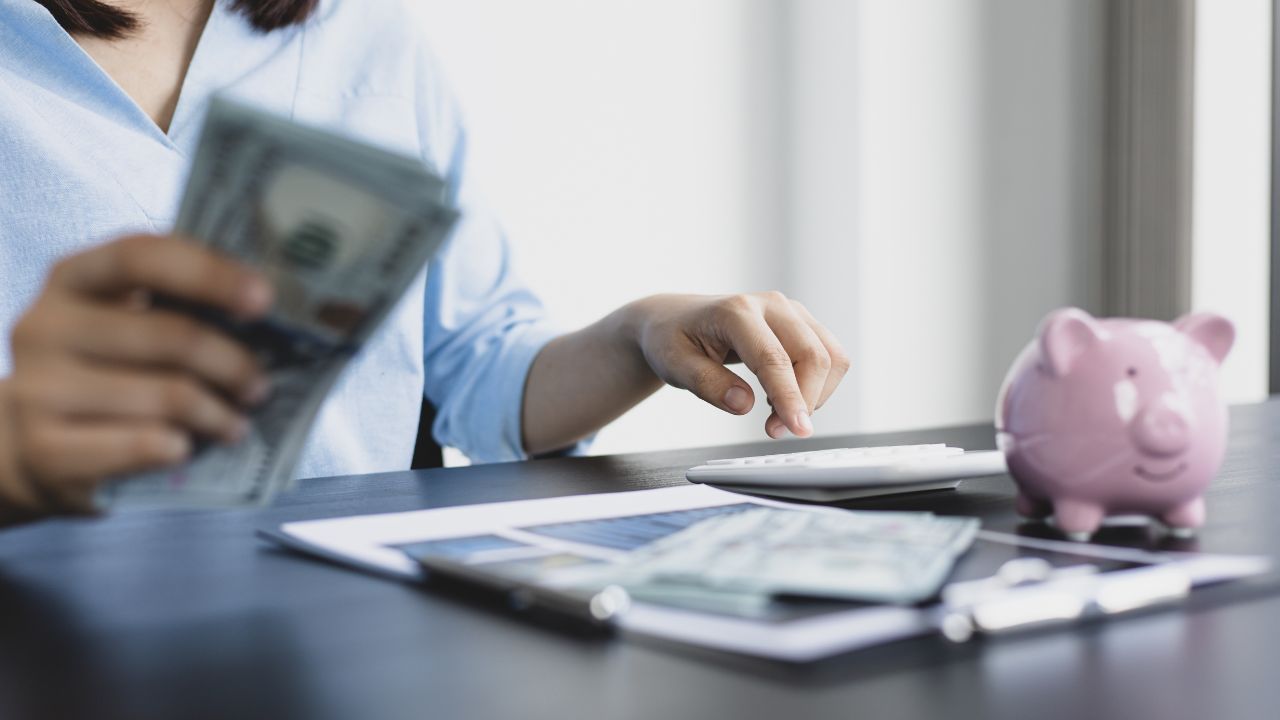
Investing in emergency preparedness can save you money in the long run.
By getting ahead of the game and stocking up on necessary supplies and equipment, you won’t have to shell out extra cash during a disaster when prices can be higher.
Additionally, you can easily budget for the items you need as you buy them over months or years instead of needing everything in a few days.
6. Can Save Lives
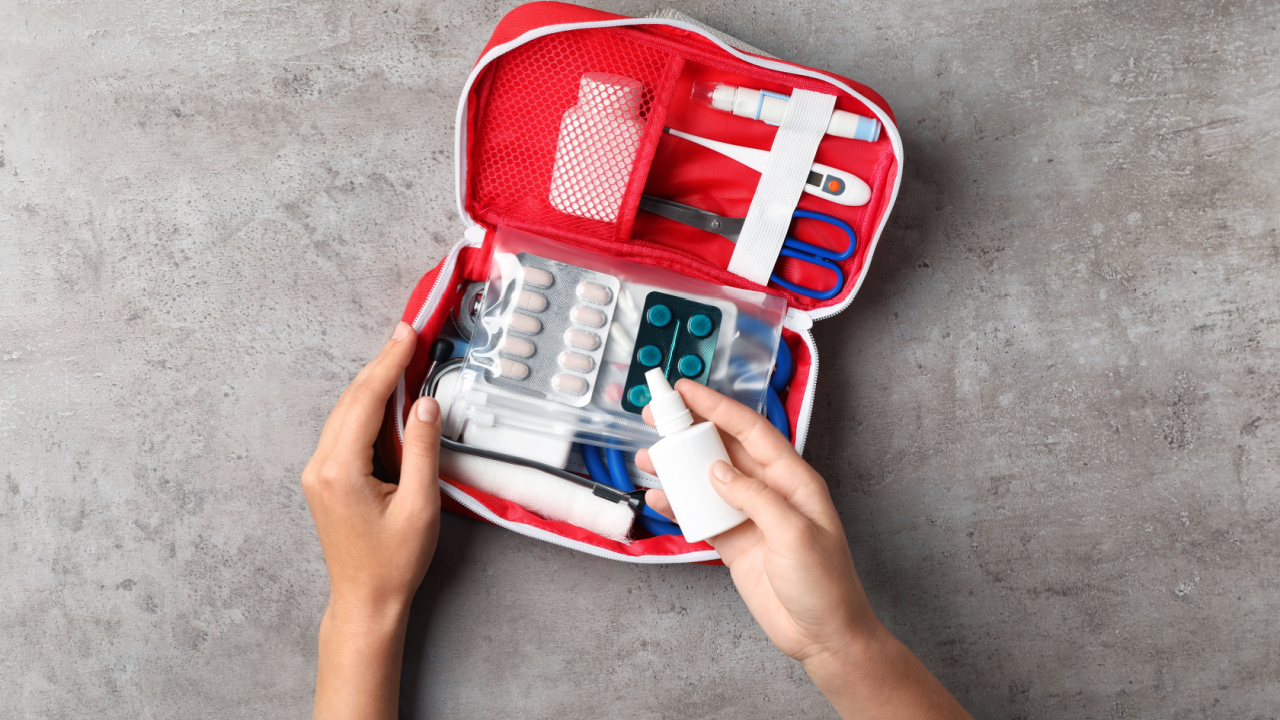
Knowing what to do and having the necessary resources readily available can increase your chances of survival during a disaster by staying calm and making informed decisions.
This includes having a well-stocked first aid kit, food and water supplies, and necessary tools or equipment.
And in the event of a severe injury, you can assist others regardless in an emergency or not.
7. Promotes Community

Disasters have a way of bringing people together and creating a sense of camaraderie, especially during tough times.
By being prepared and supporting each other, communities can become stronger and more resilient in adversity.
8. Provides Peace of Mind

Having a disaster plan in place and being prepared for any scenario can bring a sense of peace and control during uncertain times.
It can also help alleviate anxiety and fear, knowing you have taken steps to protect yourself and your loved ones.
9. Encourages Responsibility

Preparing for disasters also means taking responsibility for yourself, your family, and your community.
It promotes the idea of being self-sufficient and not relying solely on outside resources in an emergency.
10. Promotes Adaptability

Dealing with unexpected challenges and changes during disasters can be tricky, but being prepared gives us the power to overcome them.
By prepping, we can discover creative solutions and untapped resources that we might not have noticed otherwise.
11. Can Help Others

Getting ready for disasters doesn’t just help us; it empowers us to lend a hand to those in need.
We can support our neighbors and community when times get tough by having extra supplies and resources.
Plus, we can share our know-how and skills to educate others on disaster preparedness, making our whole community more resilient.
12. Healthier To Eat Well

During disasters, it’s common to rely on unhealthy convenience foods or even face hunger due to limited access to fresh food.
However, by maintaining a well-stocked emergency pantry and planting a garden, we can always ensure the availability of nutritious options.
13. Benefits Long-Term Stability
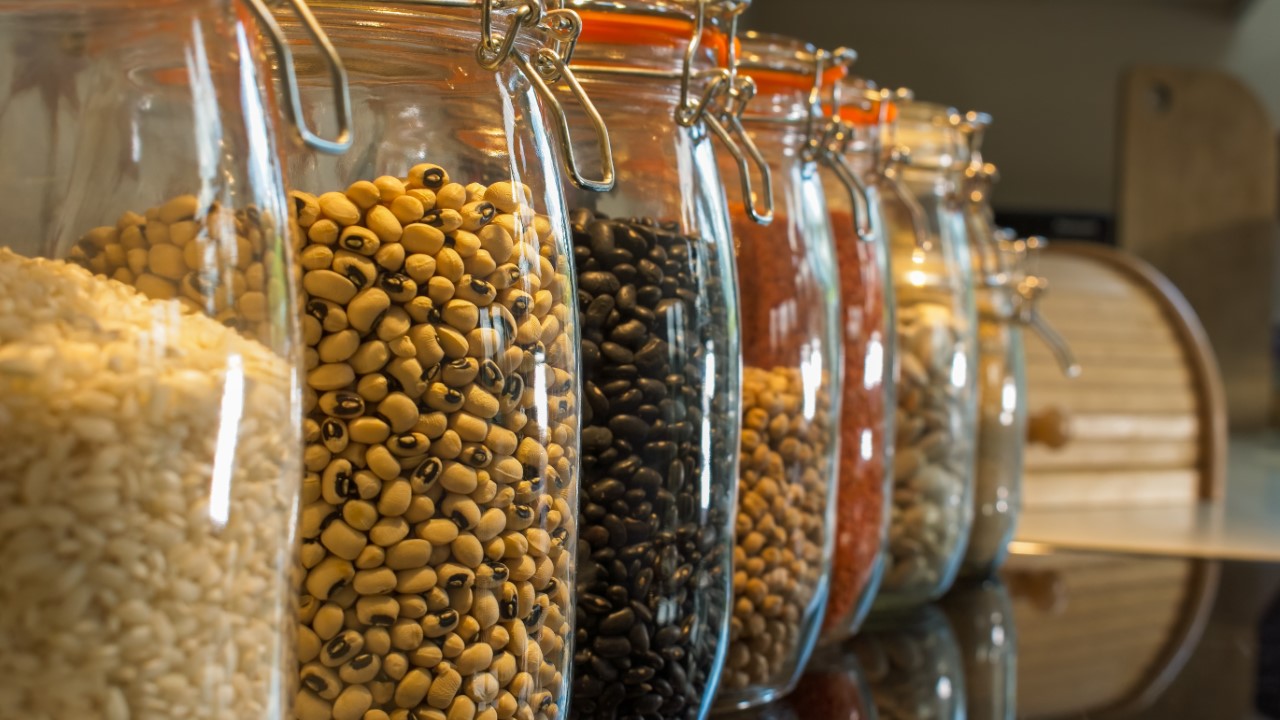
Disasters can leave lasting impacts on both individuals and communities alike.
However, by taking proactive measures and being prepared, we can minimize the disruptions to our lives and strive for a swifter recovery.
14. Protects Against Natural Disasters
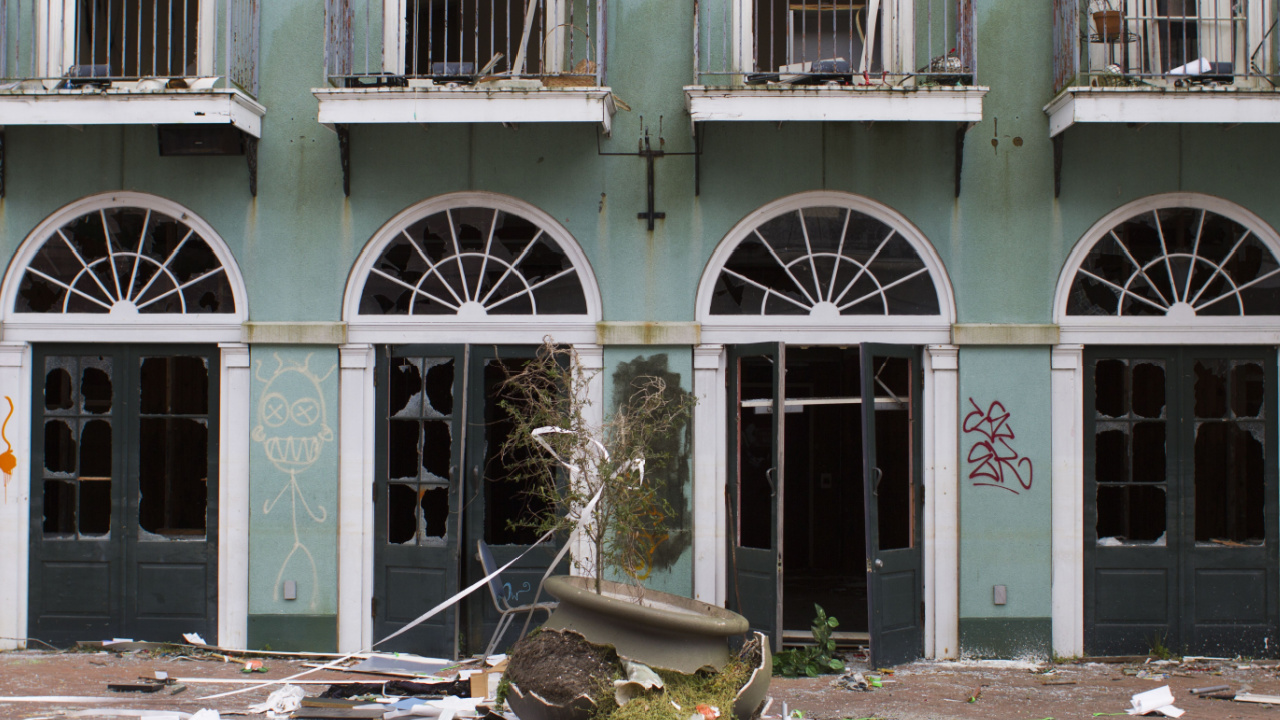
Natural disasters such as hurricanes, tornadoes, wildfires, and earthquakes can strike suddenly.
It’s crucial to be prepared by having emergency supplies ready, planning evacuation strategies, and knowing how to stay safe during disasters to minimize their impact.
15. Protects Against Pandemics
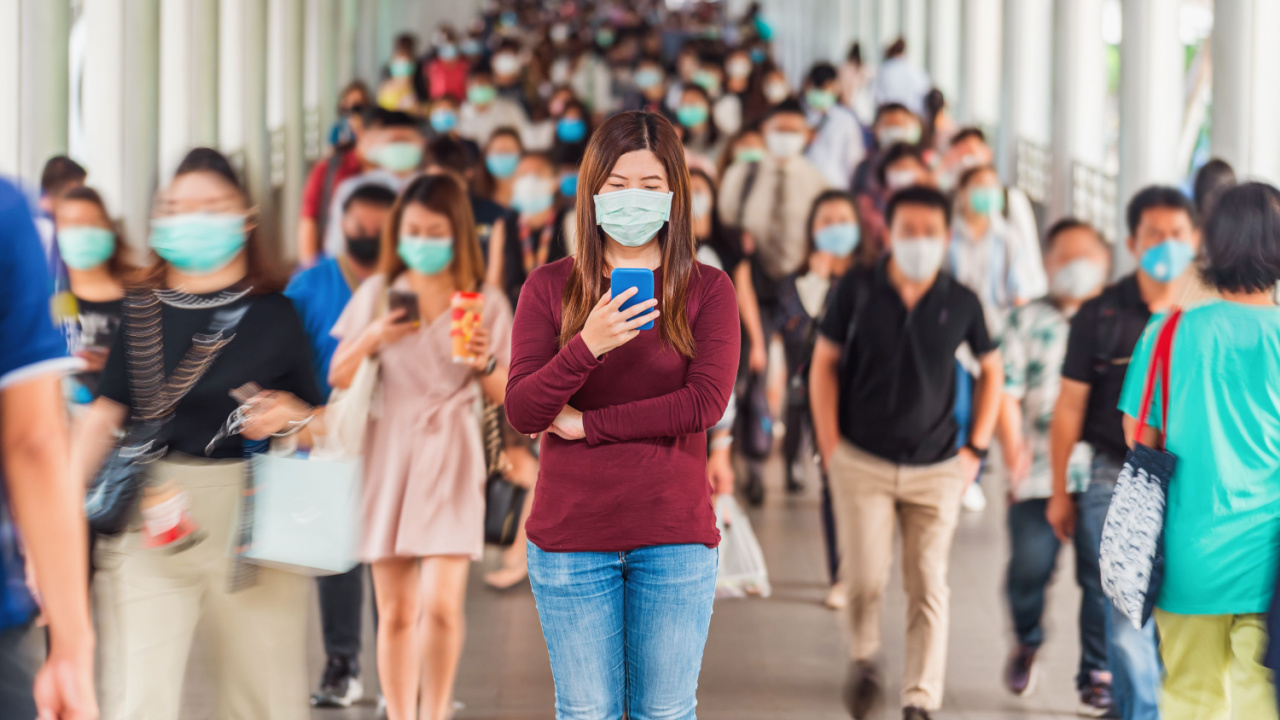
Pandemics, like the recent COVID-19 crisis, can severely disrupt our lives and put our health at risk.
Emergency supplies can keep us and our loved ones safe from contagious illnesses.
Plus, a well-stocked pantry ensures access to essential food items, even if supply chains get disrupted.
16. You Are Prepared For A Smaller Crisis

While we often consider emergency supplies necessary for significant disasters, they can also be helpful for smaller crises.
For example, if you suddenly lose your job or experience a weather-related power outage, having extra food and supplies can help you get through those tough times.
17. Helps You Stay Organized
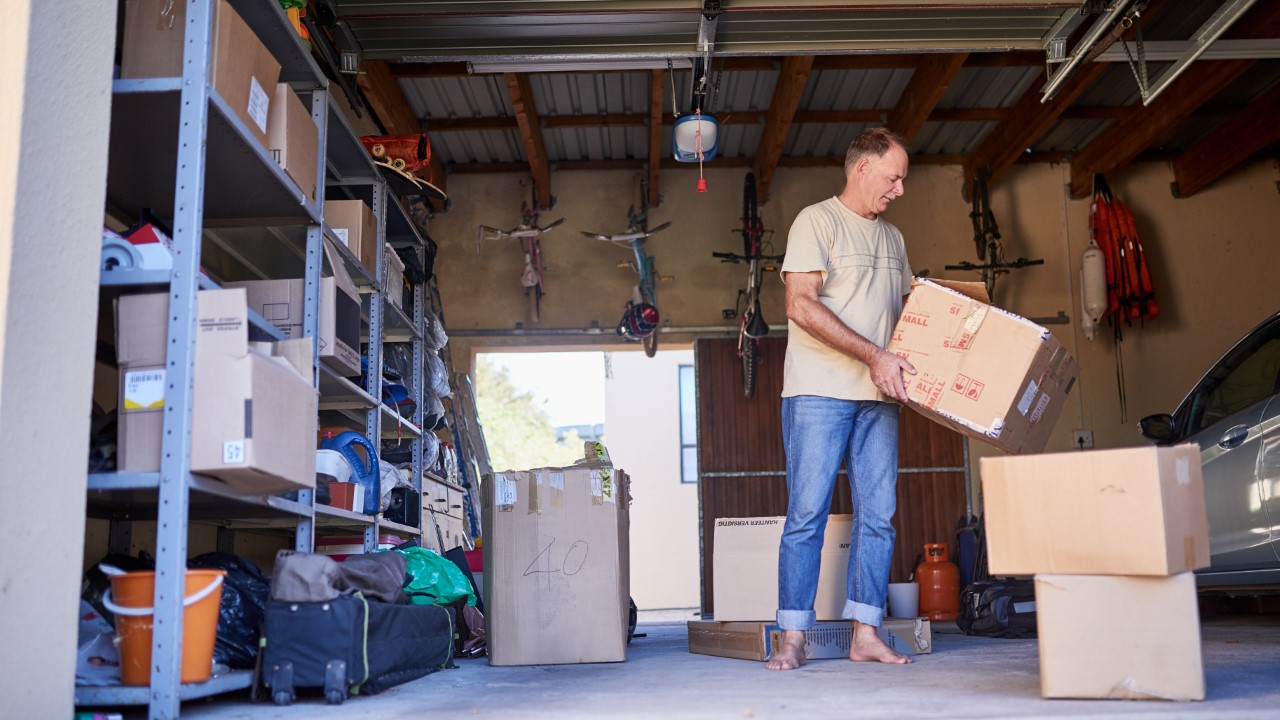
Preparing an emergency supply kit also requires organizing and inventorying your supplies.
This can help you stay organized in other areas, such as managing household chores and keeping track of important documents.
18. Promotes Sustainable Living

Since you are prepping, consider planting a garden, reducing disposable products, and minimizing trips to the grocery store by having supplies readily available.
This can lead to a more sustainable lifestyle, reducing your carbon footprint and supporting the environment.
19. Encourages Resourcefulness
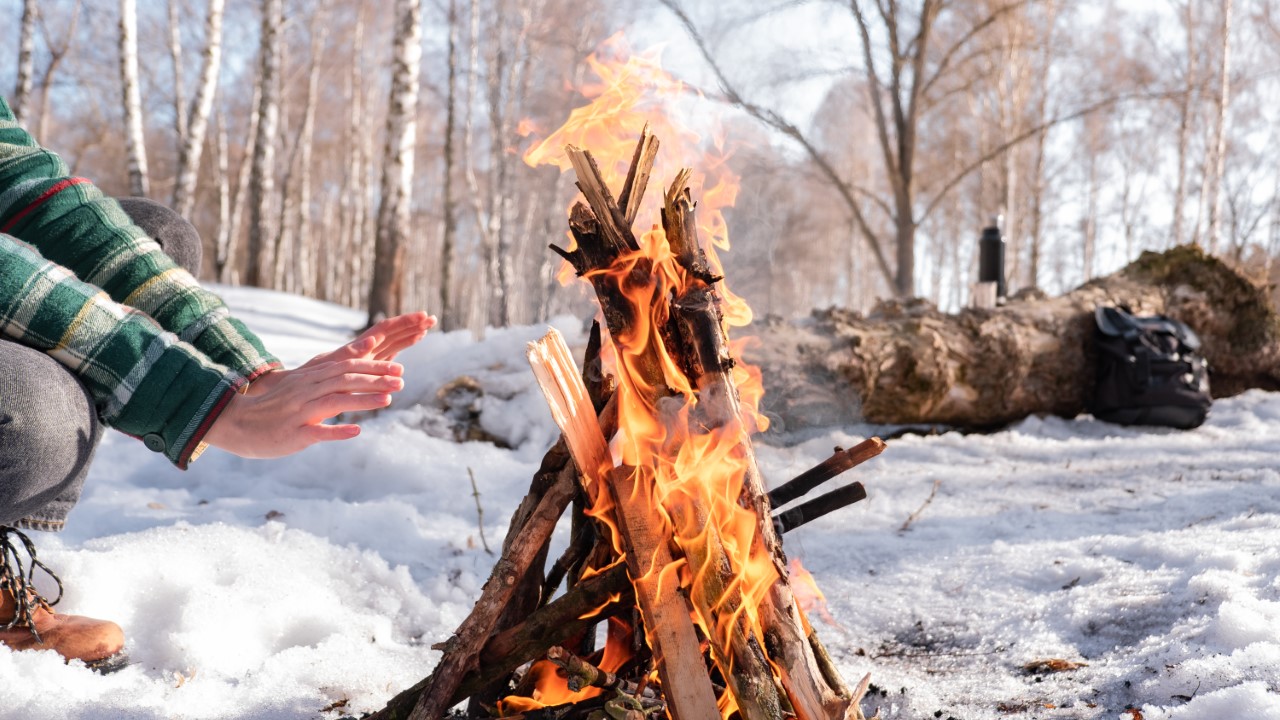
Being prepared helps you think outside the box, allowing you to find creative solutions to any challenge that comes your way.
You will find that you don’t need every expensive item or gadget to survive and can make the most of what you have.
20. Keeps You Informed
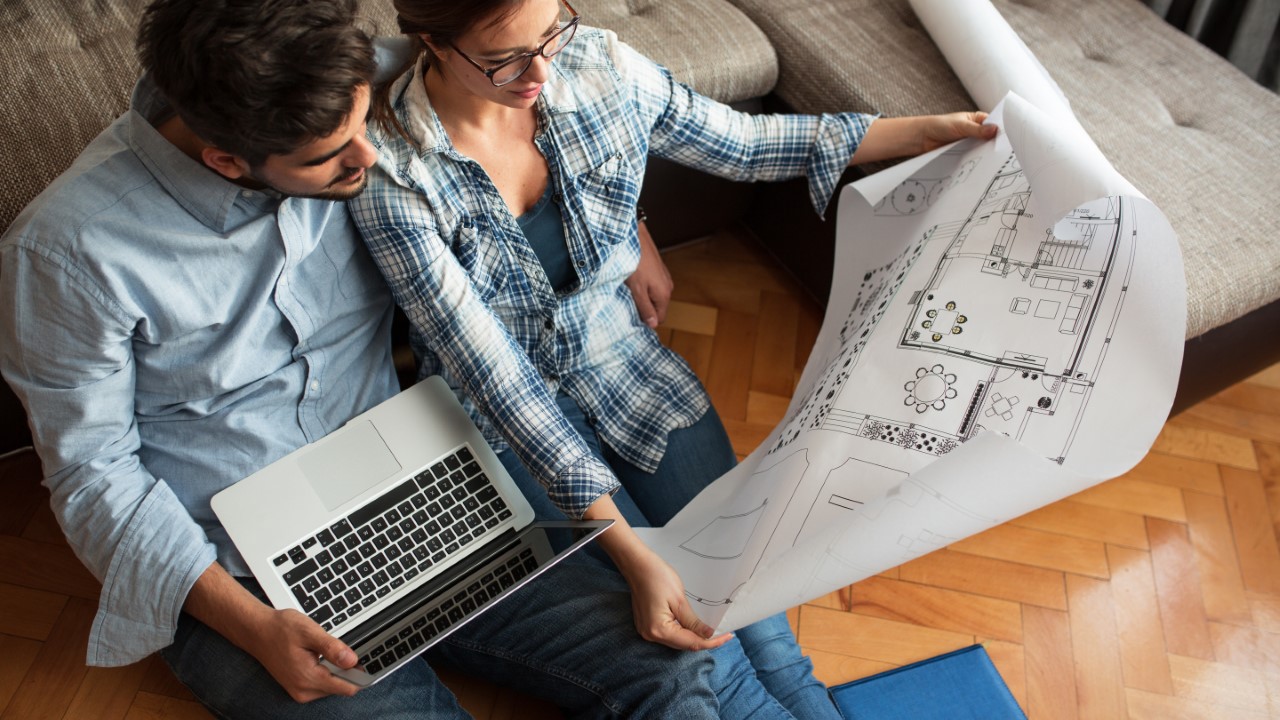
By preparing for disasters, you increase the likelihood of staying informed about current events and community developments, which enables you to take precautions and be ready for any situation.
Moreover, staying informed empowers you to make well-informed decisions for the safety of yourself and your family.
21. Helps You Think Long Term
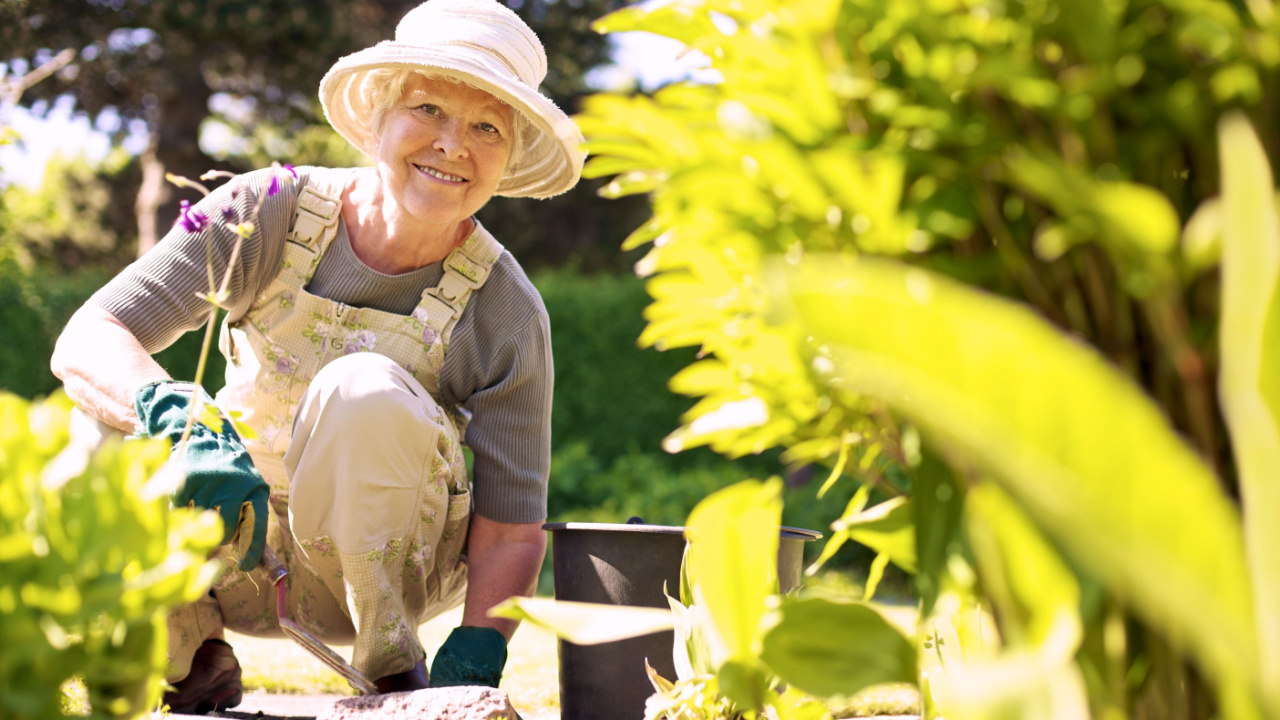
When you start preparing for emergencies, it makes you think about the lasting consequences of your choices and actions.
This change in mindset can affect different areas of your life, like finances and health.
22. Gives You Purpose

Being prepared for emergencies gives you a sense of purpose and control during uncertain times.
It empowers you to take charge of your safety and well-being instead of relying on others or feeling helpless.
23. Brings Family Closer

During emergencies, your loved ones are your most reliable support.
Involving them in preparation strengthens family bonds and creates a well-prepared support system.
By devising a plan and gathering supplies, everyone is on the same page to handle unforeseen circumstances.
24. Increases Gratitude

Preparing for emergencies allows you to appreciate things often taken for granted, such as having access to clean water, food, shelter, and safety is a privilege that not everyone has.
By being prepared for emergencies, you become more grateful for these basic necessities and learn to use them wisely in times of crisis.
17 Most Devastating Tornadoes In History
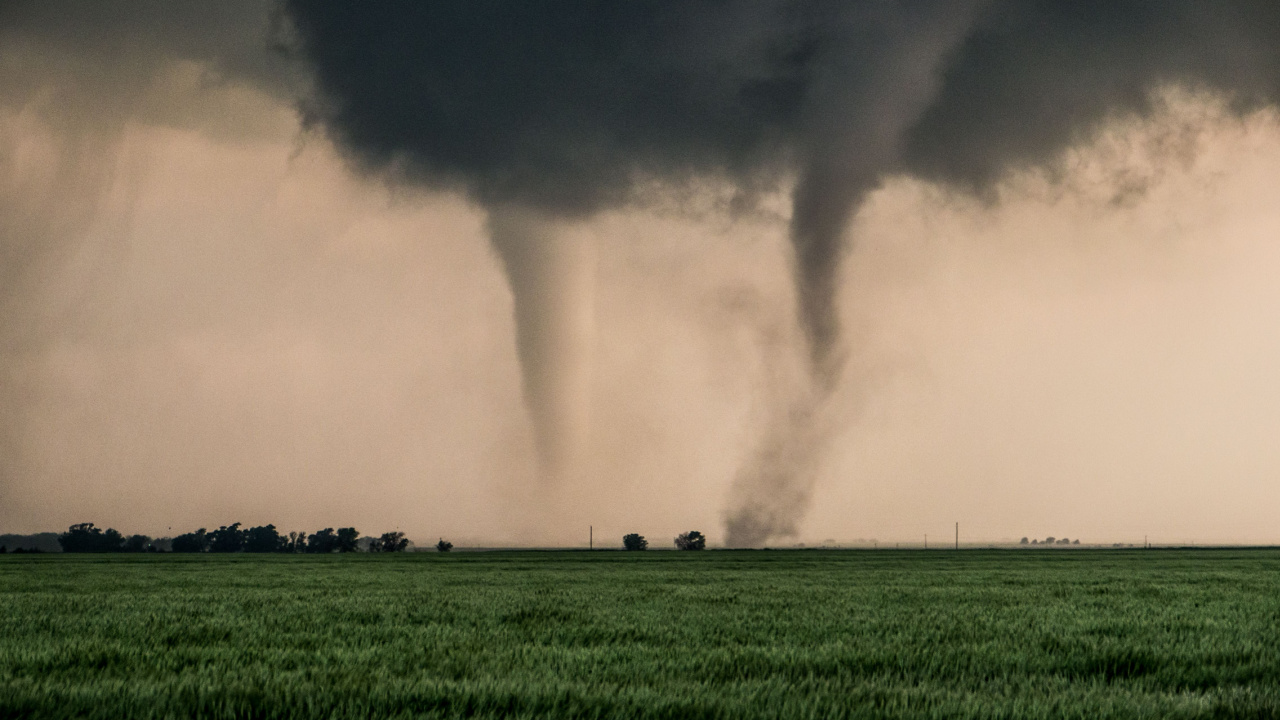
Nature’s fury is terrifying, and tornadoes are among the most deadly natural phenomena. These 17 deadly tornadoes highlight nature’s power and the resilience of humans in the aftermath of such devastation.
24 Most Devastating Blizzards in US History

For preppers, understanding the power and impact of historic blizzards is key to being prepared for future winter emergencies. Each of these historic snowstorms teaches valuable lessons about resilience, planning, and survival. The more prepared we are, the better our chances of survival in an emergency scenario.
- Read More: 24 Most Devastating Blizzards in US History
23 Riskiest Cities To Be During a Power Grid Collapse
In a world where the stability of our power grid is increasingly under threat, knowing which urban areas to avoid during a blackout is crucial for any serious prepper. And which areas to escape as quickly as possible. When you’re making your survival plans, keep in mind that these are the places you don’t want to be.
